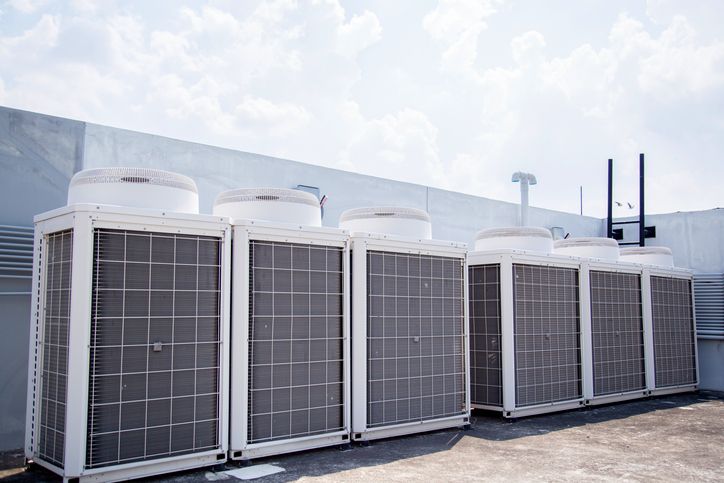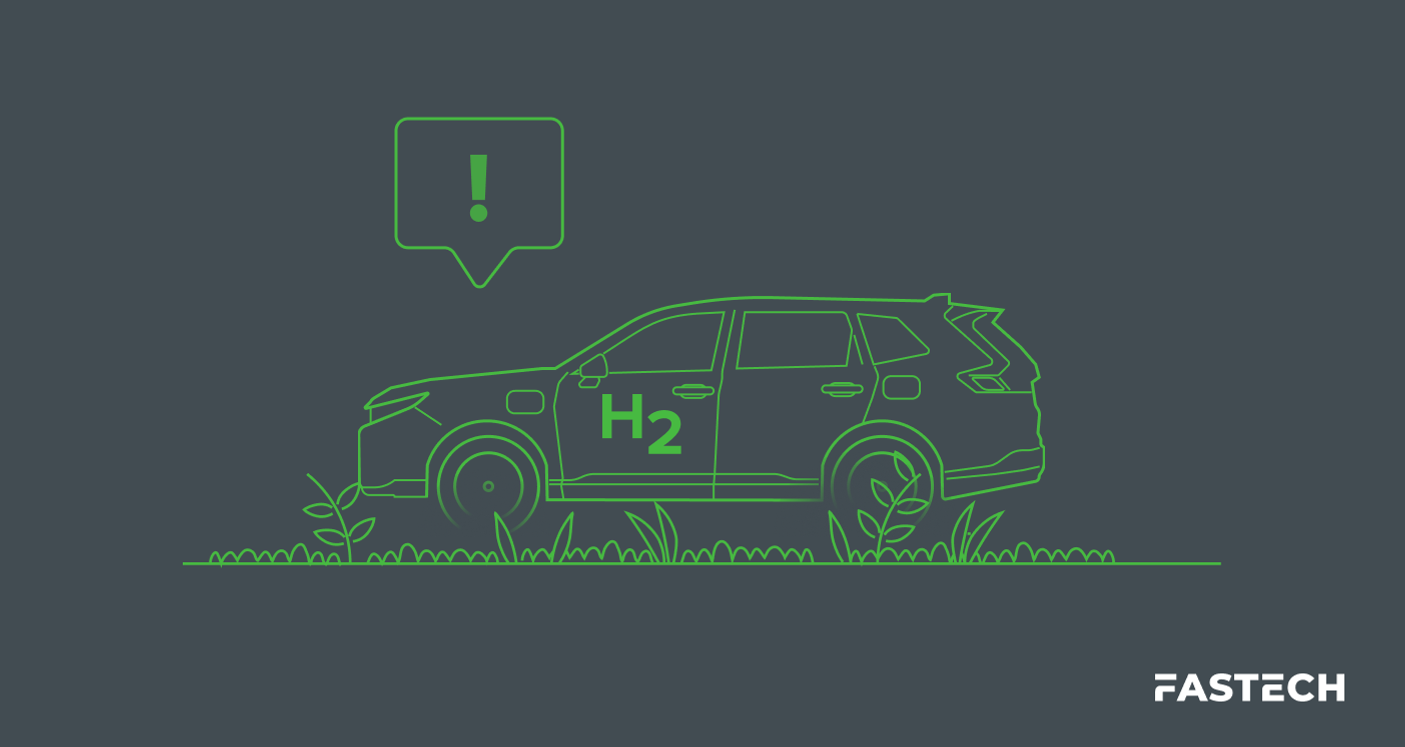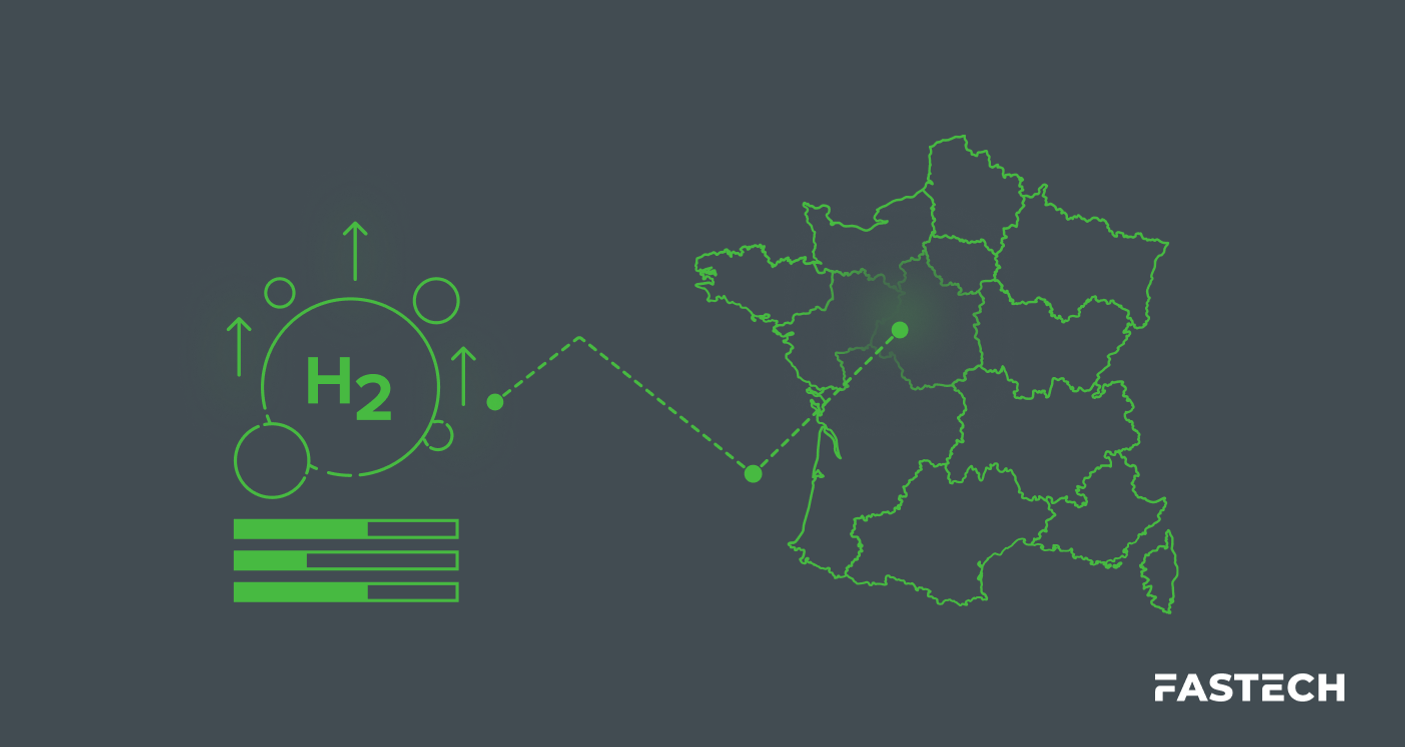Considering a Commercial HVAC Upgrade? Your Questions Answered

Are you tired of dealing with an inefficient or outdated commercial HVAC system? Older systems can behave unpredictably, causing air leakages, uncomfortable working environments, and increasingly expensive energy bills.
If these problems sound familiar, it may be time to consider a commercial HVAC upgrade.
In addition to gaining a safe, clean, and energy-efficient system, updating your commercial HVAC system offers many other benefits. But considering a commercial HVAC upgrade may be difficult as costs can be high. If you’re still on the fence about how (or why) to proceed, we’ve got you covered.
Here are four answers to commonly asked questions about commercial HVAC upgrades.
- Why should you upgrade your commercial HVAC system?
- Whom should you hire to upgrade your HVAC?
- Will the benefits of upgrading your HVAC justify the cost?
- What system size should you get?
1. Why Should You Upgrade Your Commercial HVAC System?
You probably know you will have to upgrade your commercial HVAC system eventually, and being proactive is always a smart strategy.
It’s a business expense that you should plan ahead of time, as HVAC investments can be quite costly. However, the savings and energy efficiencies you'll see over the system’s lifetime will be well worth it.
Having an, “If it ain’t broke, why fix it?” mentality will only go so far. Why risk creating a costly emergency breakdown scenario?
Commercial HVAC systems wear out over time, slowing heat transfer and cooling processes. If your HVAC equipment is more than ten years old, it's probably time to consider replacing it.
Here are three other ways to know it’s time for an upgrade.
Your Energy Bills Are Through The Roof
One of the main reasons to consider an upgraded HVAC system for your commercial building is to decrease your energy bills. In addition, newer HVAC equipment allows for proper air duct sealing and insulation, reducing your building’s heating and cooling needs dramatically.
When your HVAC system operates at maximum efficiency, you’ll realize reduced cooling and heating bills and increased energy savings. Since HVAC expenses add up to a large portion of your company’s operations budget, savings can multiply. Therefore, the sooner you replace your old HVAC system, the sooner you’ll realize the savings.
You’re Making Too Many Maintenance Calls
Break-fix maintenance strategies are expensive.
Keeping accurate HVAC repair records enables you to see which components get the most frequent repairs. However, repeated HVAC equipment maintenance calls can indicate impending equipment failure. Rather than investing in servicing equipment that keeps breaking, upgrading to a new system (with a warranty) may be a wiser use of funds.
You Have an R-22 Refrigerant System
Do you still have an HVAC system using R-22 refrigerant?
After a 10-year phase-out period, the EPA (Environmental Protection Agency) banned the import and production of R-22 refrigerant on January 1, 2020. Unfortunately, this means that any air conditioning system still using R-22 relies on reclaimed refrigerant or costly supply stockpiles.
The ban won’t affect your HVAC system as long as it’s functioning. However, you will face supply difficulties and steep costs if your equipment needs to be recharged.
Therefore, rather than converting to substitutes like R-438A or R-407C, it’s wiser to move toward a complete HVAC upgrade for the best long-term results.
2. Whom Should You Hire to Upgrade Your HVAC?
Choosing the right contractor to upgrade your HVAC equipment is critical for a cost-efficient project. Look for a partner with the experience and skills required not only for HVAC system installations but also for expert advice in choosing the system that best suits your needs.
FASTECH’s team has provided affordable, efficient heating, ventilation, and cooling services for thousands of clients for more than 25 years. FASTECH is the leading provider of end-to-end commercial HVAC and refrigeration services across nearly every industry, including retail, restaurants, pharmacies, and service stations.
3. Will the Benefits of Upgrading Your HVAC Justify the Cost?
In a word, yes! Data published by the National Institute of Building Sciences indicates the payback period for high-efficiency commercial HVAC equipment is three to five years. Here’s what you can expect:
- A 30% reduction in annual HVAC-related utility costs in the initial 3-5 year period
- A 40%+ reduction in energy costs within seven years (at thermostat settings between 70°F in winter and 76°F in summer)
Highly energy-efficient buildings and those using extended comfort strategies could achieve even higher savings.
Here are three other ways investing in an HVAC could benefit your business:
Save Money and Reduce Your Carbon Footprint
Did you know that 44% of a commercial building’s energy consumption is used for refrigeration and HVAC? In response to increased environmental concerns and energy costs, HVAC manufacturers have created high-efficiency commercial equipment that can last for up to 30 years. The problem is that their longevity has not kept pace with other technologies, primarily energy efficiency.
HVAC downtime is very costly for most companies, so upgrading to the highest efficiency HVAC equipment results in significant cost savings. Modern cooling and heating equipment also incorporate diagnostic testing capabilities to ensure units are constantly operating at peak efficiency levels.
Maximize Comfort and Health For Employees And Tenants
If you have uneven cooling and heating noticeable by tenants or customers, it's most likely time for an HVAC upgrade.
- If you have a commercial business, a malfunctioning cooling and heating system can reduce sales and lower employee productivity.
- If you want to keep leased commercial building space at a premium, environmentally friendly HVAC equipment can capture the attention of “green” and energy-conscious potential lessees.
Numerous studies by the EPA and independent scientific panels have discovered that indoor air quality can exceed outdoor pollution levels. In addition, viruses, pollen, and mold can proliferate in older HVAC systems where standing water is present.
Receive Incentives and Tax Credits
Today’s high-efficiency HVAC systems require a significant capital investment. To that end, local, state, and federal incentives and tax credits can help offset some purchase costs. Be sure to ask your HVAC contractor about these incentives while calculating the investment required to purchase and install your HVAC system.
4. What System Size Should You Get?
Rather than install a system that exceeds your current needs (and costs a small fortune), “right-sizing” an HVAC system enables you to expand it for future growth. Your HVAC contractor can help you assess your needs and choose the system that’s just right for your business.
If you’re installing rooftop HVAC equipment, you will need to arrange for a building inspection by a licensed structural engineer first. This is to ensure that the roof can support the HVAC units you need.
Choose FASTECH For Your Commercial HVAC Upgrade
If you need expert help with your commercial HVAC upgrade project, you’ve come to the right place. FASTECH has 25+ years of experience installing, maintaining, and servicing commercial cooling and refrigeration systems in nearly every type of business.
Our field crew’s service technicians, construction managers, and superintendents are ICC, OSHA and API certified. In addition, we maintain the necessary factory and manufacturer certifications to service, install and troubleshoot commercial-grade HVAC and refrigeration equipment.
Our staff is knowledgeable regarding all current and pending regulations relevant to commercial HVAC systems to ensure regulatory compliance.
Don’t wait to upgrade your commercial HVAC system. Contact us for a quote today!




